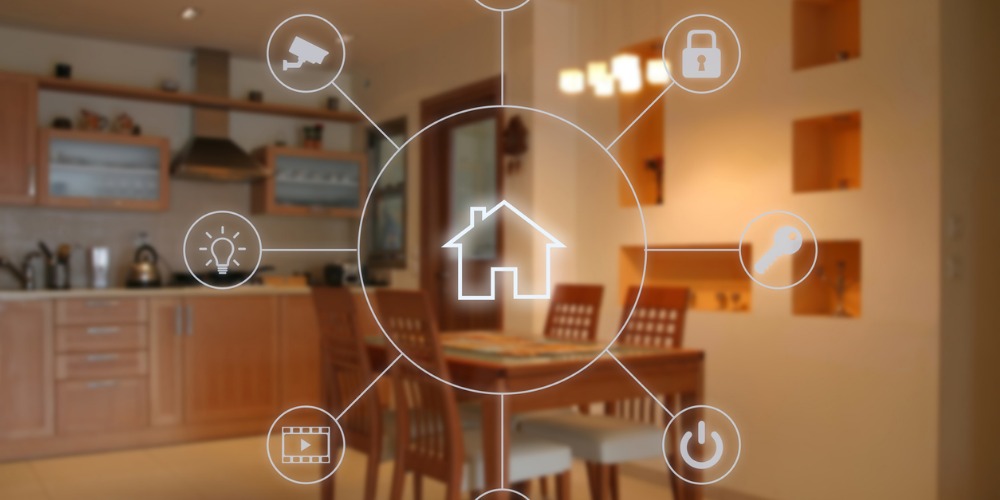According to the American Association of Retired People (AARP), “87 percent of adults age 65+ want to stay in their current home and community as they age. Among people age 50 to 64, 71 percent of people want to age in place.”
As the baby boomer generation ages, it will redefine what it means to be a senior citizen. Baby boomers embrace independence, competition and activity, and are one of the fastest growing demographics of tech consumers.
This generation has been increasingly open to the smartphone due to its unlimited connectivity and access to information. According to Pew Research Center, 82% of “smartphone-owning seniors described their phone as freeing.”
As smart home devices enter the mainstream market, baby boomers will likely welcome the new technology for its convenience, safety and opportunities for greater freedom.
3 Reasons To Retire In A Smart Home
If you or your loved one is still capable of living at home, but concerned about 24-hour safety, smart home technology may be a viable solution for your family.
- Simplify basic household tasks. For seniors already accustomed to using their smartphones, the smart home mobile app offers new opportunities for convenience and home management. For example, seniors can easily turn off appliances or lights after getting comfortable on the couch or leaving the home. Or, adjust the thermostat and lock up the house at the touch of a button. There’s no need to make another trip down the stairs. If you tend to be forgetful, you can also pre-set settings to adjust your home throughout the day.
- Stay connected to family. Include caregivers or family members in your smart home surveillance network, allowing those who look after you to remotely check in anytime through your home’s video feeds. You can also program your system to allow access control to specified persons, providing immediate home access for family members and loved ones. For example, if you’re taking an afternoon nap and your family members cannot reach you by phone, they can check in to see that you’re snoozing, rather than worry if you’re safe.
- Allow alerts to keep you on track. In the event that a fire or security alarm goes off in your home, both you and your caregivers can receive immediate alerts. In addition, sensors can be used throughout your home to forward alerts to caregivers notifying them of day-to-day tasks, such as taking vital medications.
Smart home technology has the potential to add years of independence, convenience and peace of mind to retiring baby boomers, and their loved ones.
Are you or a loved one about to enter your retirement years? Learn more about the benefits of home automation, and download our free eBook!



